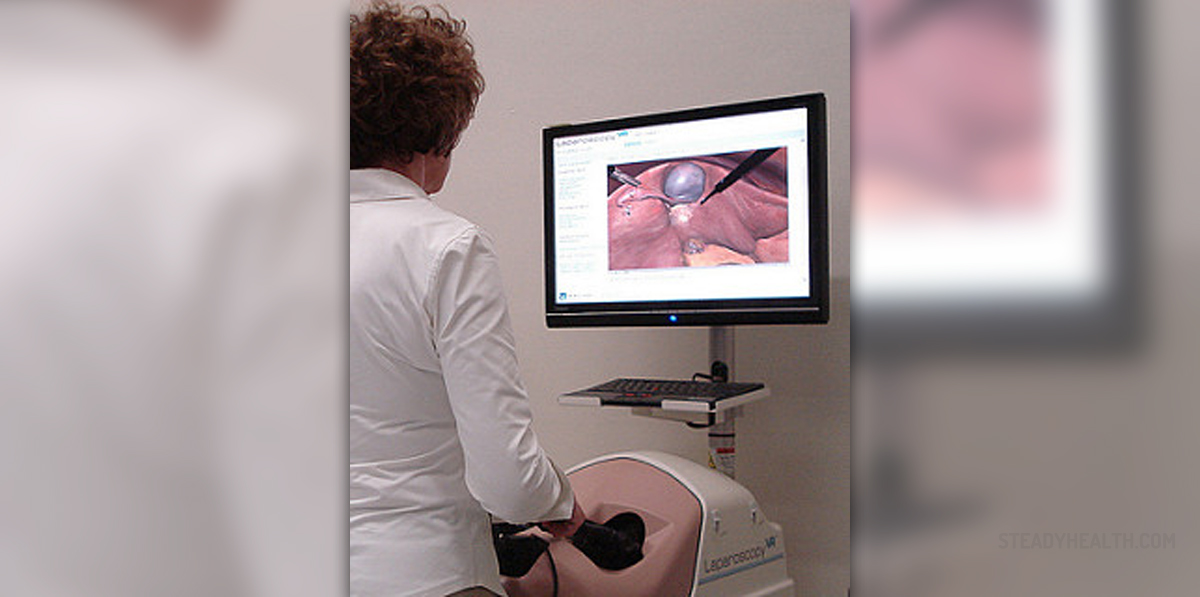
There are various gallbladder diseases but the most common is called gallstones. Sometimes these gallstones are very tiny and do not cause any symptoms, and these small gallstones can be flushed out easily. However, it happens that the larger gallstones get stuck in the ducts so that the bile is unable to flow normally.
Gallbladder surgeries
While some cases of gallstones do not need any treatment since there is no discomfort, there are also cases of larger gallstones that must be removed. However, in mild cases, the gallstones can be disintegrated by proper diet and a healthy lifestyle, while in serious cases, a surgery is the only and the best option.
Several different surgeries can be performed on the gallbladder. Laparoscopic gallbladder surgery is a procedure employed when small gallstones form in the gallbladder. They are removed through the small incisions, which are made on the abdomen. In this procedure, the surgeons can watch what is being done by inserting the lighted scope and video camera inside the abdomen. Only a couple of days are necessary for the patient to recover from this surgery.
On the other side, when the larger gallstones are in question, abdominal surgery is performed. In this procedure, the entire gallbladder is removed and the liver performs the functions of the gallbladder. The liver now manufactures and stores the bile and passes it through the duct to the small intestine. The patient needs several weeks to recover from this surgery.
After the gallbladder surgery
The gallbladder surgeries are not complicated and they are easily performed. Furthermore, they rarely cause side effects although they may appear. For example, the patients may experience pain in the abdomen and in the shoulders after the surgery. This pain usually lasts for a couple of days, but if it is present longer than that, the doctor should be informed about that.
Furthermore, diarrhea and frequent bowel movements may appear in some patient who underwent some gallbladder surgery. The loss of appetite, as well as nausea, may occur, especially if the inflammation appears at the surgical wound places.
- www.betterhealth.vic.gov.au/health/conditionsandtreatments/gallbladder-gallstones-and-surgery
- www.nhs.uk/conditions/gallstones/treatment/
- Photo courtesy of Oregon State University by Flickr: www.flickr.com/photos/oregonstateuniversity/8227769760/



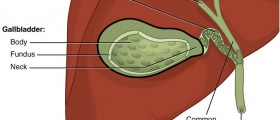
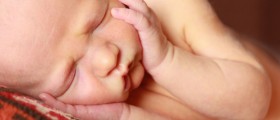
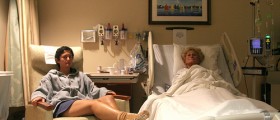


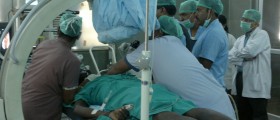



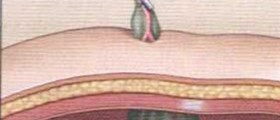



Your thoughts on this
Loading...